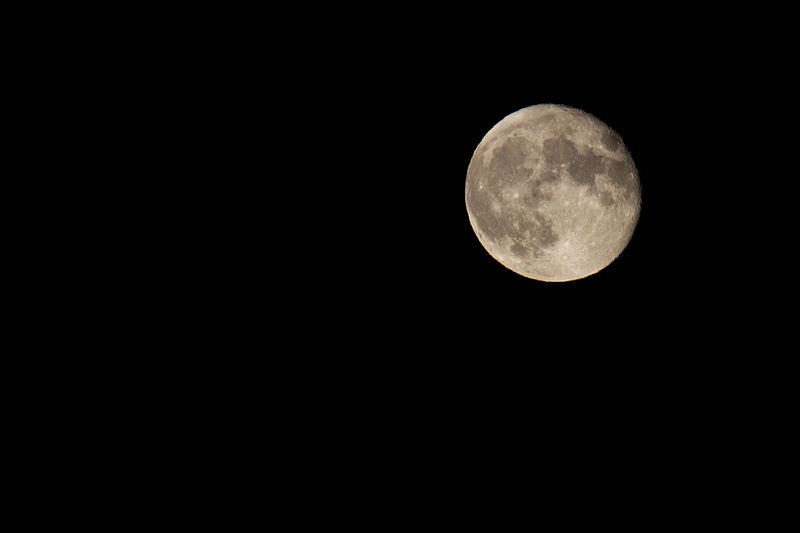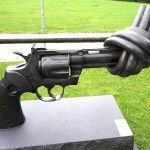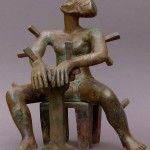When we turn on the news and find, again, stories of horrifying acts of violence, it is hard to know, sometimes, whether it is better to read on and absorb the heart-breaking details, or to turn away for the sake of peace of mind. Some stories, stories of children in particular, I can barely think about without feeling that the pedestals of reality are slipping, and we’re all tipping into darkness. Sometimes I can’t read on, can’t think about it, have to hug my children and give them popsicles, and go out to garden in the innocent sun.
But this is the same sun that shines upon all the acts of senseless slaughter and war, across the globe. My escape into a place of tranquility is a matter of geographical luck. It could happen to us, too: the shootings, the bombings, and now the bizarre attack in Nice, in which a deranged “loner” drove his truck into a crowd and killed, as of this morning, at least 84 people at the Bastille Day celebration.
I live fairly off the beaten track, in a region that could be considered extremely boring and culturally bereft, where most gun violence is domestic, and the only explosions are when meth labs blow up. But still, terrible things could happen: disease, natural disaster, car accidents. All across the globe there is no power to keep us safe, no matter how cautious we are, how innocent, how virtuous, how brave.
So perhaps it is not surprising that people who do not understand our faith respond with scorn, as some did to my friend and fellow-blogger Mary Pezzulo’s piece, “God Have Mercy on France” –
“What does God have to do with it?”
“Your God doesn’t protect these people.”
“Religion is the cause of violence, not the solution.”
Now, it would be naive to pretend that religion and violence have not often marched hand in hand, sometimes for political reasons, but sometimes for reasons far more deeply rooted in anthropology and myth, as Rene Girard has elucidated. Religion is connected with sacrifice, and sacrifice can be thought of as a gift – but also as a killing, a wounding, a cutting off. And all of us of faith have an obligation to renounce this violence, even when religious leaders who seized power and spit in the face of God may punish us for it.
It would also be naive to pretend that God will protect or save us from the terrors of the world. Anyone of Jewish heritage should know this – we think back still on Auschwitz as the place where God was not. Does Auschwitz cancel out belief in God? If so, this belief should have been canceled long before, because human history is the history of atrocity, and often our most glorious moments are the glittering surface of a mask, beneath which lies atrocity.
“At the time of the liberation of the camps, I remember, we were convinced that after Auschwitz there would be no more wars, no more racism, no more hatred, no more anti-Semitism. We were wrong. This produced a feeling close to despair. For if Auschwitz could not cure mankind of racism, was there any chance of success ever? The fact is, the world has learned nothing. Otherwise, how is one to comprehend the atrocities committed in Cambodia, Rwanda, Bosnia…” (Elie Wiesel)
We all need to take seriously the challenge posed to our beliefs, by history. I mean the challenge posed to our belief in a good God guiding us lovingly through the valley of the shadow of death – and also the belief in human progress, human nature. Because secular movements have not succeeded in eradicating violence. Mao Zedong is the dictator responsible for the most deaths, and these were deaths in the name of secular communism. Stalin killed more people than Hitler. But we must not forget that Hitler and the Nazis, and the unique evil of the concentration camps, the progressive dehumanization for the sake of some glorious national ideal, were affiliated with the name of Christianity, their acts of violence done for some bright blond god. Religious ideology will not save us. Non-religious ideology will not save us.
Ideology will not save us.
If we live in a world in which human beings repeatedly discover new ways to be Satan to one another, and in which God does not appear to stop them, the only rational response is to despair. This is what the European existentialists understood, after the spectacle of two world wars that were really just one war. Oh sure, I can go garden, and come up with metaphors about death and rebirth. Yes, you can go do humanitarian deeds. You can post uplifting memes about believing in ourselves, but what a horrible idea, considering what our “selves” are capable of. Oh, maybe you, personally, have done nothing horrible. You personally may love your children, and go on pleasant vacations, and send checks to charitable organizations. But you, personally, aren’t fixing much of anything. Your little blip of happiness in the sun, my little blip of happiness in my tomato garden, are blips weighted against all the suffering of all the children who have ever been tortured, raped, killed in war, abused, starved, beaten.
We can sip coffee and read poems and comfort ourselves, but the reality is that nothing, neither or prayers nor our humanistic virtue, will save us if someone near us decides to go on a killing spree. Whichever ideology or politician you think will fix things is likely, actually, to make things worse.
And this is why we pray. Not because we think super-God is going to swoop in to rescue us or heal us, but because without an appeal to a transcendent realm, the world is fundamentally either absurd (nothing matters, and all our little values are mere idols, and all is permitted) or unjust (no matter how we try to fix things, the innocent still perish, over and over and over again, and killing the evildoers will not bring justice to those whose lives were cut off, in the midst of horrible suffering).
I wrote earlier about why we pray: because we need God to enter the desert spaces, where we can not go. We pray also in the dark night, where it seems God is not, because it is a gesture of existential faith in something beyond the darkness. I know that many of my fellow-Catholics work hard to demonstrate how rational our religion is – and in many respects it is; it’s no accident that so many significant scientists in the past were persons of faith. But I want to stress now how irrational it is, as well, because on the basis of strict reason it is very hard to believe in anything other than pain and despair. Anyone who tells you differently is either selling something, or extremely privileged – or, most likely, both.
To pray for victims of injustice worldwide is to stand in solidarity with them, to say “I believe you are loved, and you are not alone, and you deserve justice and joy and peace. I believe in a God who has entered into the cataclysm of material existence and suffered with you. I believe in the liminal spaces where our world overlaps with the divine and transcendent, the places where healing can occur.”
Yes, I am saying I believe in a thing quaintly called heaven. I pray even if it is a little irrational, because the alternative, to believe that this is all that there is, is far worse.
May God give peace and healing to all those who suffer injustice, and receive them into perpetual light.
image credit: Michael Palmer, Moon on a Dark Night, https://commons.wikimedia.org/wiki/File:Moon_on_a_dark_night.jpg













